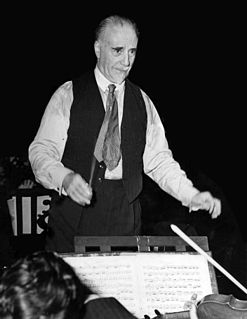A Quote by John Galsworthy
Memory heaps dead leaves on corpse-like deeds, from under which they do but vaguely offend the sense.
Related Quotes
When a Tralfamadorian sees a corpse, all he thinks is that the dead person is in bad condition in the particular moment, but that the same person is just fine in plenty of other moments. Now, when I myself hear that somebody is dead, I simply shrug and say what the Tralfamadorians say about dead people, which is "So it goes.
Vaguely, as when you are studying a foreign language and read a page which at first you can make nothing of, till a word or a sentence gives you a clue; and on a sudden suspicion, as it were, of the sense flashes across your troubled wits, vaguely she gained an inkling into the workings of Walter's mind. It was like a dark and ominous landscape seen by a flash of lightning and in a moment hidden again by the night. She shuddered at what she saw.
For, owners of their deeds (karma) are the beings, heirs of their deeds; their deeds are the womb from which they sprang; with their deeds they are bound up; their deeds are their refuge. Whatever deeds they do-good or evil-of such they will be the heirs. And wherever the beings spring into existence, there their deeds will ripen; and wherever their deeds ripen, there they will earn the fruits of those deeds, be it in this life, or be it in the next life, or be it in any other future life.
Memory is a dead thing. Memory is not truth and cannot ever be, because truth is always alive, truth is life; memory is persistence of that which is no more. It is living in ghost world, but it contains us, it is our prison. In fact it is us. Memory creates the knot, the complex called the I and the ego
Dead bodies are calm and silent—perfectly still, perfectly harmless. A corpse will never move, it will never laugh, and it will never judge. A corpse will never shout at you, hit you, or leave you. Far away from the zombies and junk that you see on TV, a corpse is actually the perfect friend. The perfect pet. I feel more comfortable with them than I do with real people.
All are to be men of genius in their degree,--rivulets or rivers, it does not matter, so that the souls be clear and pure; not dead walls encompassing dead heaps of things, known and numbered, but running waters in the sweet wilderness of things unnumbered and unknown, conscious only of the living banks, on which they partly refresh and partly reflect the flowers, and so pass on.





































